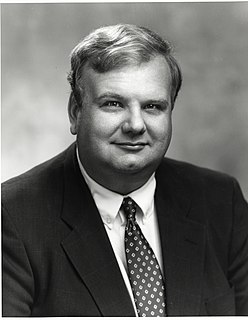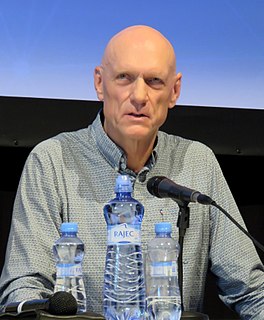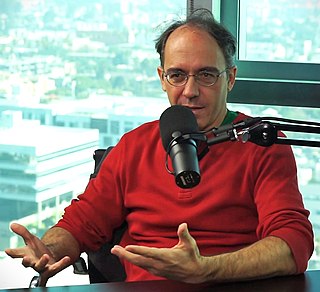A Quote by William Hague
I believe we should reframe our response to climate change as an imperative for growth rather than merely being a way of being green or meeting environmental commitments.
Related Quotes
We women, we're always being invited to change our hairstyle, change our clothes, change our wardrobes. It's also important for us to remember as we age to keep changing the way we think of the world. I'm not saying to be flaky at all; but rather than being rigid about something, stay open and available.
The Bush Administration believes the Kyoto protocol could damage our collective prosperity, and in so doing, actually put our long-term environmental health at risk. Fundamentally, we believe that the protocol both will fail to significantly reduce the long-term risks posed by climate change and, in the short run, will seriously impede our ability to meet our energy needs and economic growth.
I do remain optimistic that one day the world will realise that carbon dioxide is more of a friend than an enemy to the earth's flora and fauna, and I do seriously believe that, given the extraordinary complexity of the natural forces controlling our climate, which have done so for millions of years, the only sensible policy response to the natural process of climate change is prudent and cost-effective adaptation.
Sustainability at Nike means being laser-focused on evolving our business model to deliver profitable growth while leveraging the efficiencies of lean manufacturing, minimizing our environmental impact and using the tools available to us to bring about positive change across our entire supply chain.
But no matter how big the effort to push a propaganda line might be, climate change is bigger. This, undoubtedly and regrettably, is the biggest immediate long-term environmental challenge we face. A failure to concretely come to some policy outcome on climate change has not only a negative environmental impact but also social and economic consequences for us.
I don't know the science behind climate change. I can't say one way or another what is the direct impact, whether it's man-made or not. I've heard arguments from both sides, but I do believe in protecting our environment, but without the job killing regulations that are coming out of the Environmental Protection Agency.

































